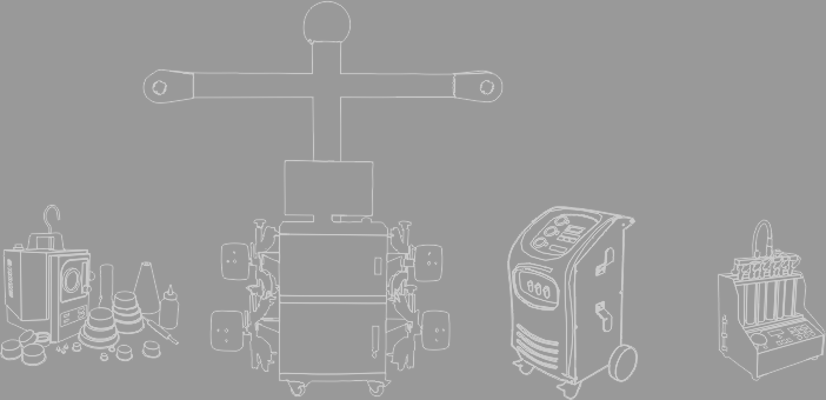
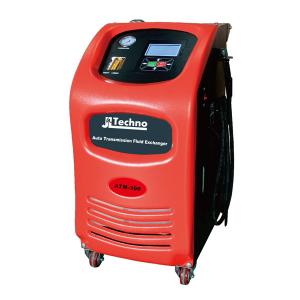
ATM series automatic transmission fluid exchanger,with dynamic heat exchange to suit low temperature working...
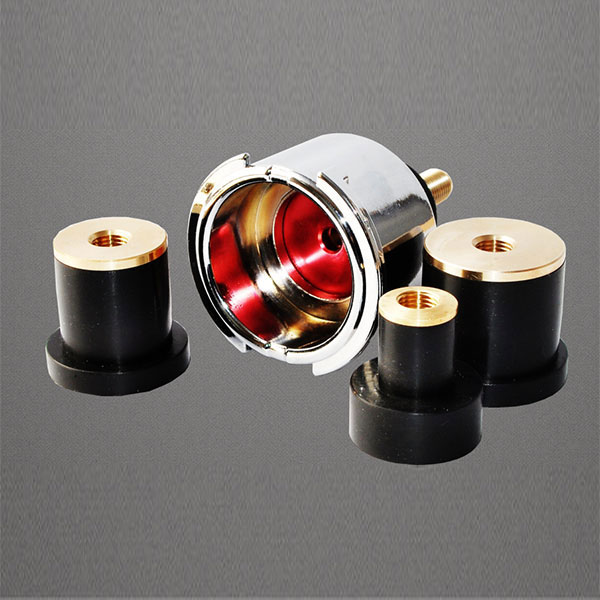
Universal smart size cooling system adapter set that fits EVERY radiator & plastic...
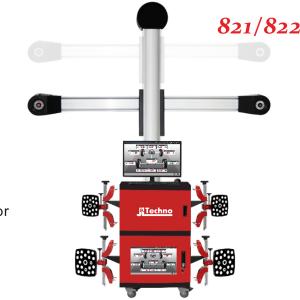
AutoTrace featured wheel alignment solution with dual monitor, for better experience while working under...
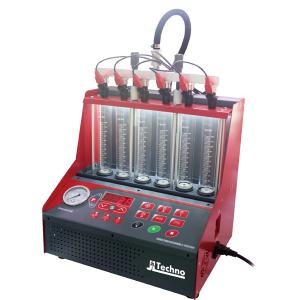
IMT-600N Injector Cleaner is an advanced electromechanical product, which can clean and test injectors by simulating engine...